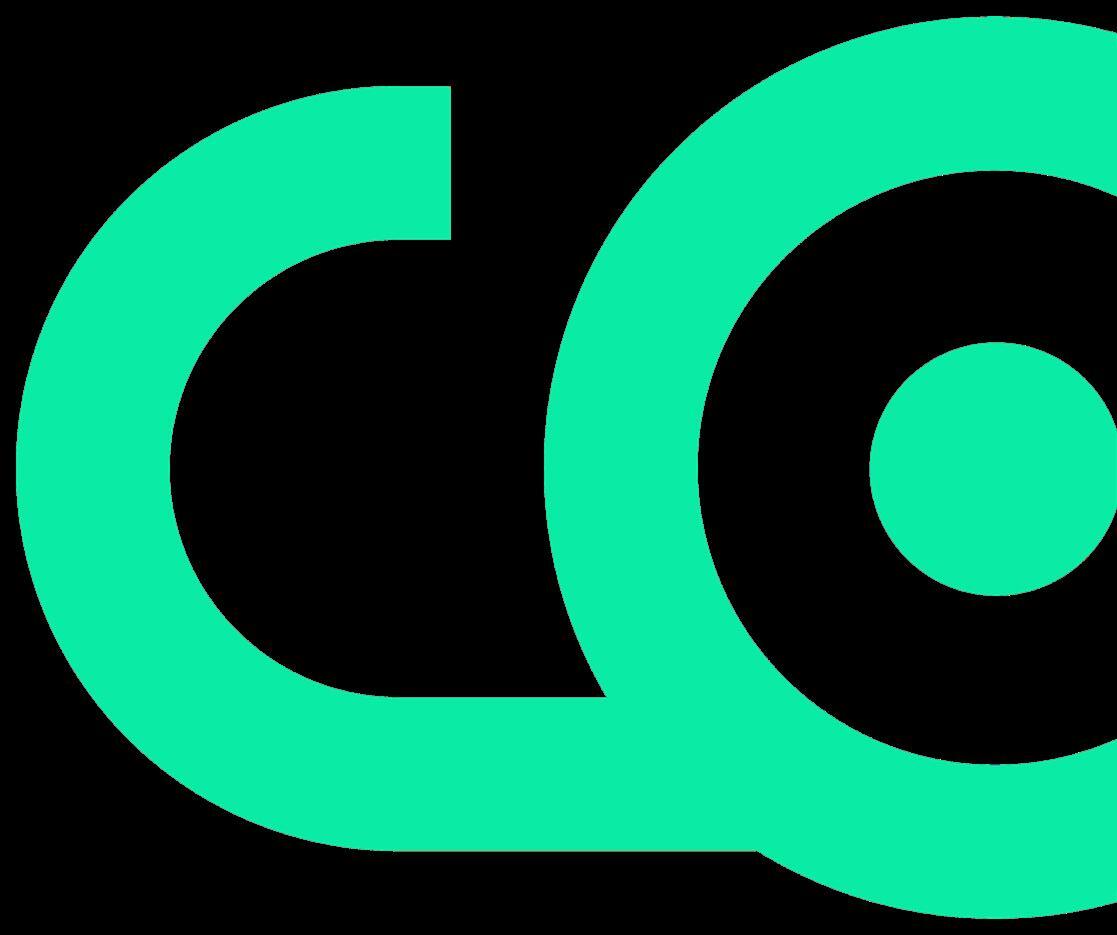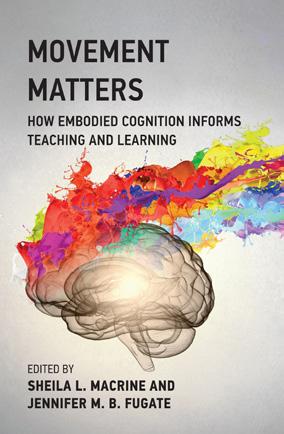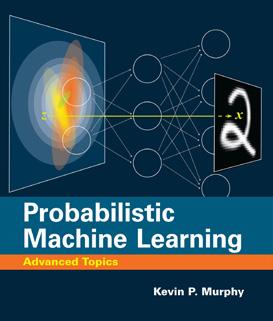OPEN for good













































First open access textbook: Structure and Interpretation of Computer Programs by Harold
Abelson and Gerald Jay SussmanWe establish the Digital Projects Lab at the MIT Press
First open access journal: Information Technology and International Development
Computational Linguistics, our longest running OA journal, makes the switch
We launch the MIT Press Direct eBook Platform and the Knowledge Futures Group (in partnership with the Media Lab)
1999
2000
2006
2009
2018
First open access book: City of Bits by William
J. Mitchell2019
1995
2020
2021
2022
First book on PubPub: Intellectual Property Strategy by John
PalfreyFirst open peer review: Works in Progress
First hybrid book series: Strong Ideas
The MIT Press releases “Mind the Gap: A Landscape Analysis of Open Source Publishing Tools and Platforms”

First flipped journal: Quantitative Science Studies
First open access overlay journal: Rapid Reviews\ COVID-19

We launch Direct to Open and MIT Open Publishing Services (MITops)
The MIT Press Open Architecture and Urban Studies Collection publishes
Daedalus, the longrunning journal of the American Academy of Arts and Sciences, goes open access
Direct to Open achieves publishing 80 open
First MITops project: Case Studies Series MIT Schwarzman College Computing
First born-digital book: Vision for Islamic Pasts Futures by Shahzad
First open access textbook series: Harvard Casebook
Introduction of expanded overlay journal Rapid Reviews\ Infectious Diseases
Fast forward to 2023, designated by the White House as the Year of Open Science:
• The MIT Press concludes its second full year of the Direct to Open (D2O) publishing model, harnessing the collective power of 322 libraries to support open and equitable access to 82 new scholarly books. The global impact of this program is clear: readers have accessed D2O titles more than 359,000 times in the first two years.

achieves goal, open access books
project: SERC
Series with College of Computing book: A New Pasts and Shahzad Bashir textbook Harvard Open Casebook Series expanded Reviews\ Diseases
2023
Direct to Open achieves goal, publishing 82 open access books

The Arcadia Open Access Fund is established with a $10M gift from Arcadia— $5M in outright endowment, $5M in matching commitment
Shift+OPEN program receives numerous applications to flip journals to open access

Imaging Neuroscience launches at the MIT Press when editorial board of Elsevier’s Neuroimage resigns in protest of high open access author publishing charges
• The Press’s leadership is further reflected in its award-winning journals publishing program, which now includes 14 fully open access journals, including Imaging Neuroscience, Rapid Reviews\ Infectious Diseases, the Harvard Data Science Review, the American Journal of Law and Equality, the Journal of Climate Resilience & Climate Justice, and Quantitative Science Studies.
• With a $10 million endowment gift from Arcadia, the Press launches the Arcadia Open Access Fund to support open access books and journals in science and technology, social sciences, arts, and humanities. This fund ensures that the Press will continue to lead the OA movement through the development of tools, models, and resources that make scholarship more accessible to researchers and readers around the world.

As open access gains momentum, the MIT Press will continue to lead in developing equitable, sustainable models for open publishing. Read on to learn more about our history and our plans for the future of open access.
Amy Brand, Director and Publisher, The MIT Press
Launched in 2021, Direct to Open (D2O) is a sustainable and scalable open access publishing model that harnesses the collective power of libraries around the globe.

In two years, we reached:
• 322 libraries
• 10 consortia
• 160+ books
• 359K reads
In April 2023, the editorial teams of Neuroimage and Neuroimage: Reports made international news when they resigned en masse in protest of high APCs (article processing charges) to start a new open science journal, Imaging Neuroscience, with the MIT Press. Embraced by the academic community, the journal signed up more than 2,000 peer reviewers and published its first six peerreviewed research articles in July.


Similarly, in 2019 the editorial board of the Journal of Informetrics resigned to start
Studies (QSS) at the MIT Press. QSS articles have been downloaded over 825K times, and the journal earned an inaugural impact factor of 6.4 in 2023.


To catalyze this movement towards affordable and equitable open access publishing, the MIT Press launched Shift+OPEN to encourage subscriptionbased journals to flip to a
Top 5 D2O books

diamond open access publishing model. The program covers the expenses of transitioning a journal to open access for a threeyear term and expert assistance in developing a sustainable funding model for the future.

Launched in the early days of the pandemic as Rapid Reviews\COVID-19, Rapid Reviews\Infectious Diseases (RR\ID) is an open-access overlay journal that accelerates peer review of preprint research to highlight promising studies and prevent misinformation.

The editorial team uses artificial intelligence tool COVID Scholar to speedily identify relevant preprints and peer reviewers. With
over 600 reviews, RR\ ID is now the second largest overlay journal in existence and received the 2022 PROSE Award for Innovation in Journal Publishing.
The MIT Open Publishing Services (MITops) program is a scholar-focused, MIT-branded hosting and publishing services operation that offers a full suite of professional publishing services, including hosting of open access content on the PubPub platform.
The inaugural MITops project, the SERC Case Studies Series from the MIT Schwarzman College of Computing, will soon be joined by a MIT CSAIL anniversary report, the MIT Emerging Technology
Case Studies, and a collection of papers from the MIT community on generative AI.
To remain relevant in a world of ever-advancing information discovery tools, reference works require continuously updated entries, open peer review, and accessibility anywhere in the world with a click.
Building on the success of The MIT Encyclopedia of the Cognitive Sciences, the forthcoming Open Encyclopedia of Cognitive Science (OECS) will use the PubPub platform to create a shared understanding of foundational concepts and provide structure and connections across an otherwise overwhelming
Essentials of Compilation
An Incremental Approach in Python*
by Jeremy G. Siek*Also in Racket
Physically Based Rendering, fourth edition

From Theory to Implementation
by Matt Pharr, Wenzel Jakob and Greg Humphreysarray of disciplines, books, journals, and other resources.

The average college student today spends $1200 on course materials. Thankfully, this figure is shrinking in recent years due, in part, to open access textbook initiatives.
For over 30 years, students around the world have benefitted from our computer science textbooks which are globally recognized as essential for understanding algorithms, artificial intelligence, coding, machine learning, and robotics. Open access has long been part of the ethos
Probabilistic Machine Learning

Advanced Topics
by Kevin P. MurphyFairness and Machine Learning

Limitations and Opportunities
by Solon Barocas, Moritz Hardt and Arvind Narayananof computer science, and our legacy titles with open access versions include Structure and Interpretation of Computer Programs (1984), Reinforcement Learning (1998), How to Design Programs (2001), and Deep Learning (2016).
With grant funding from Google, we are launching
Understanding Deep Learning
 by Simon J. D. Prince
by Simon J. D. Prince
a new generation of MIT Press computer science textbooks with open digital editions — complete with code examples, ancillaries, and other materials — that can be easily accessed from anywhere in the world for classroom or self-instruction.
The Arcadia Open Access Fund supports the MIT Press’s ground-breaking efforts to publish open access books and journals and to develop tools, models, and resources that make scholarship more accessible to researchers and other readers around the world.
This fund is made possible by a gift of $10 million from Arcadia, $5 million of which is designated as a “challenge” gift to incentivize other funders by matching their support of MIT’s open publishing activities.
mitpress.mit.edu/openaccess